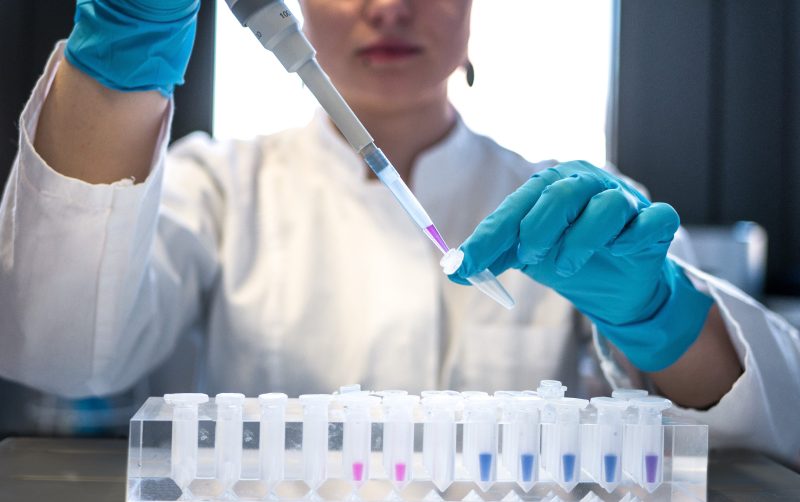
How to join a research group at KI
You may be wondering… how can I do research in a lab…will I have enough time for research…what are my options? I’ve asked two-first year Toxicology students how they found their current research groups to give a little bit of insight into what kind of research is out there for you to join and what their experience is with it.
One student, Matt, was casually looking during a period of 3 months, whereas another student, Christos, was able to find one after actively looking for one month. Here’s a quick overview before we get into it:
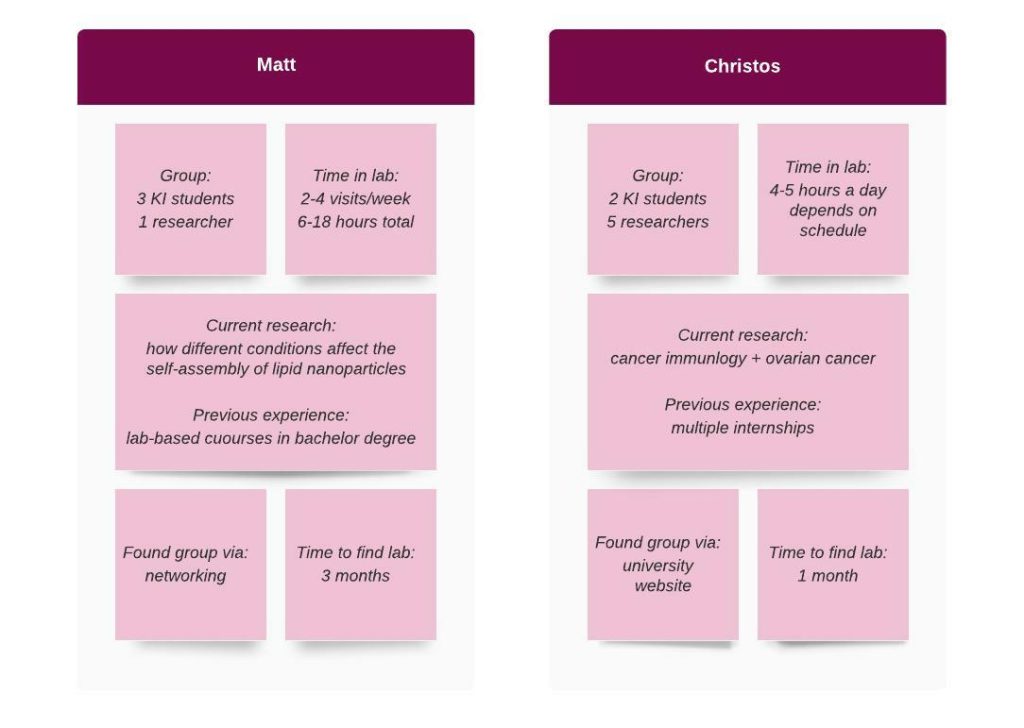
How did you find your research group?
M: “I found my internship by networking. Whenever I would meet a researcher either in one of my classes, at the gym or around campus I would try and ask them a bit more about their research. At one point I met a postdoc who was conducting research in nanoparticles which is one of my primary interests. I asked if we could meet for a coffee to discuss their work in more detail. After our coffee meeting I was put in contact with a colleague who was conducting research more in line with my personal interest. I eventually met with the colleague who offered me a position in the lab.”
C: “I browsed the university’s website and I tried to create a list of my favourite labs. Then I started sending emails to the groups, based on my order of preference.”
Did you have lab experience before applying?
M: “I had a bit of experience from lab based courses in my bachelor degree. It was primarily in molecular biology and chemistry. It was not in the same field but many of the primary techniques I had previously learnt such as pipetting, weighing substances, measuring out volumes and analyzing data are skills that can be applied in many research fields.”
C: “Yes, I had completed a couple of internships before applying for my current one. Although they were in a completely different field.”
Can you explain what you do as part of your research?
M: “The research revolves around lipid nanoparticles where we primarily study the self assembly mechanism and how this can be affected under different conditions.”
C: “The research is related to cancer immunology and ovarian cancer. During my time in the lab, I will be trained in various techniques needed for the scientific project (cell cultures, immunofluorescence stainings, flow cytometry, western blot etc). In addition, I contribute to the lab supplies chain and I prepare presentations to keep the other lab members updated about the progress of my project.”
Do you find it difficult to manage your time with the lab?
M: “Depending on the course schedule, doing an internship on the side can be quite demanding, but it is very doable if you plan in advance. I try to schedule my lab hours as early as possible. As soon as the course schedule comes out I mark the time slots where I’ll have at least 3 hours to go to the lab and I mark when my exams will be. This way I know when I have sufficient free time to go to the lab and when I need to prioritize studying.”
C: “Time management can be tricky when one needs to combine academic responsibilities and lab work. In the first couple of weeks it was difficult to find a balance, but with the course of time the situation improved significantly”
Can you continue to work there over summer?
M: “There’s no expectation to work there over the summer, but yes I’m allowed to. It is encouraged to find funding for your summer research.”
C: “We have discussed the possibility of having a summer position in the lab, but we haven’t yet decided on this topic.”
…and finally, what is your favourite part about it?
M: “My favourite part is the ability to collaborate with research experts in their fields. You get to learn about the science, their methods, their techniques and what it takes to be a good/successful researcher.”
C: “My favourite part of the internship is that I get to apply the theoretical knowledge that I acquired from the university lectures to a project with actual scientific impact.”
_____________________________________________________________________
Matt and Christos both mentioned that their labs prioritise their education and encourage them to focus on that first, whilst also working around their schedules to find appropriate times for them to come into the lab.
Something to bear in mind is that an internship/lab research will be much more manageable schedule-wise in the second semester, rather than the first semester when the course load is more demanding. It can be time-consuming to find one, but in the end the university is a research institute so you’ll find a suitable place at some point if you keep looking!
I have also heard of students applying for summer internships at KI. They contacted lecturers from the Toxicology masters who were more than happy to accept a few students into their labs.
I hope this was useful for you and as usual, if you have any questions you can reach out to me in the comments!
Lianne Granston - Toxicology
Hi! I’m Lianne from Ireland and England, currently studying a Master’s in Toxicology at Karolinska Institutet (KI). Before coming to Sweden I was living in The Netherlands where I completed my bachelor’s degree. I looked forward to coming to Sweden for the nature and happened to stumble across Karolinska Institutet! It sounded appealing since the university is focused on human health and I’m happy to be studying here now. Learning Swedish is on the top of my list of things to do in Sweden, but I’m also excited to explore the archipelago of Stockholm and go bouldering outdoors.

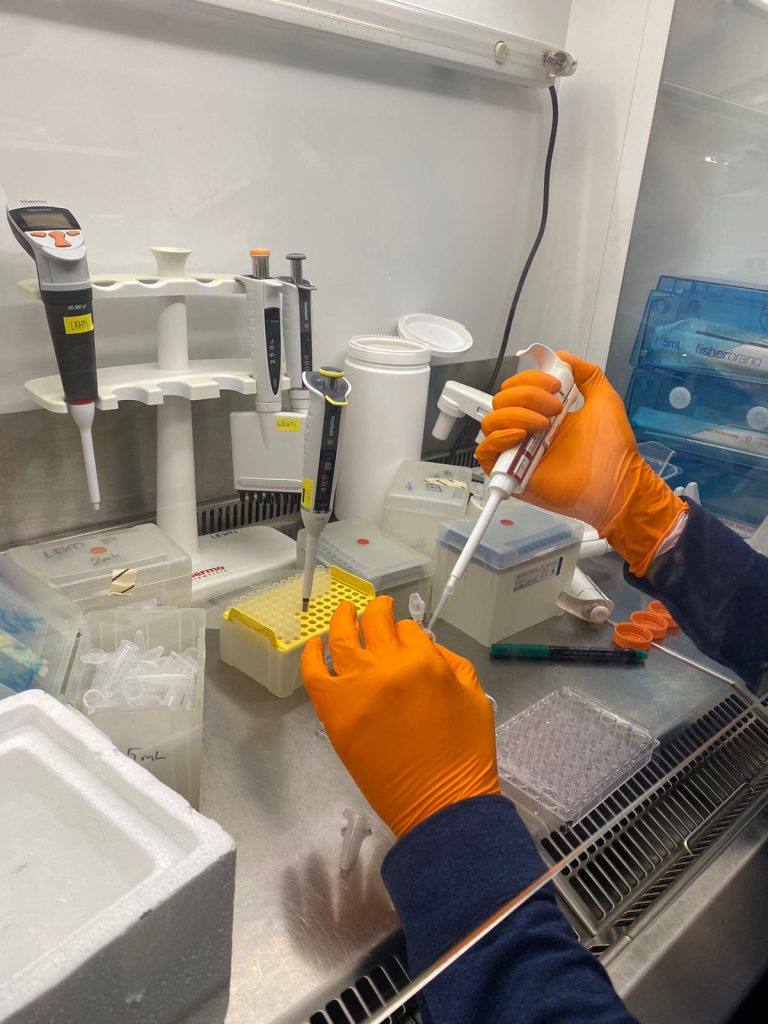
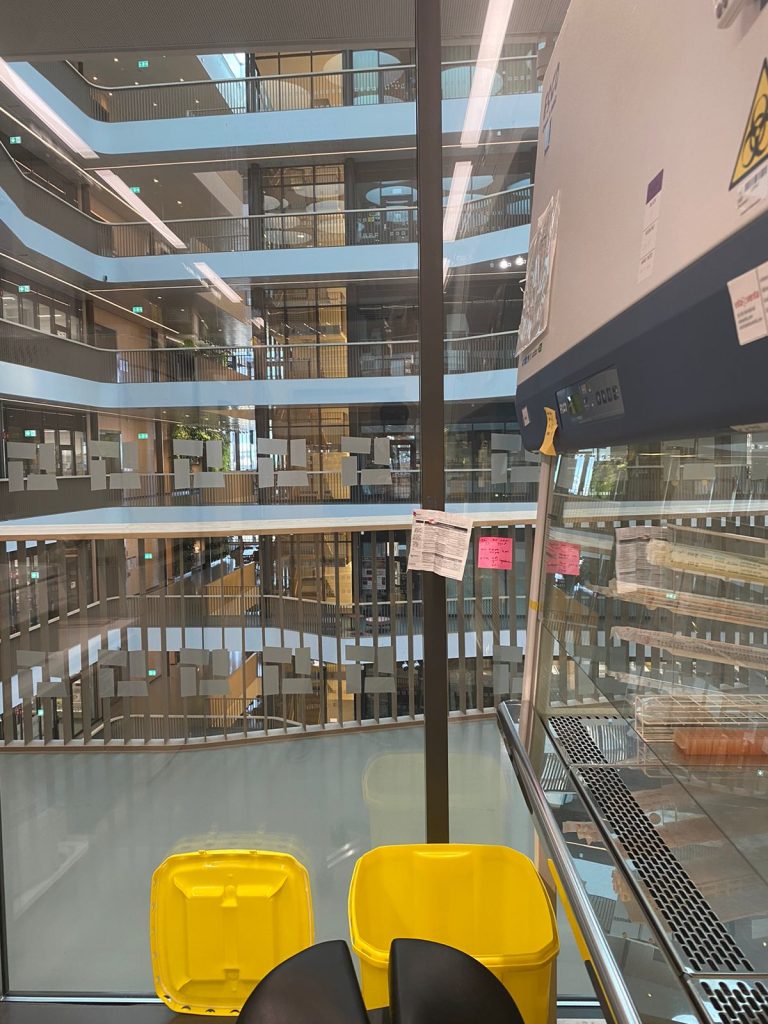
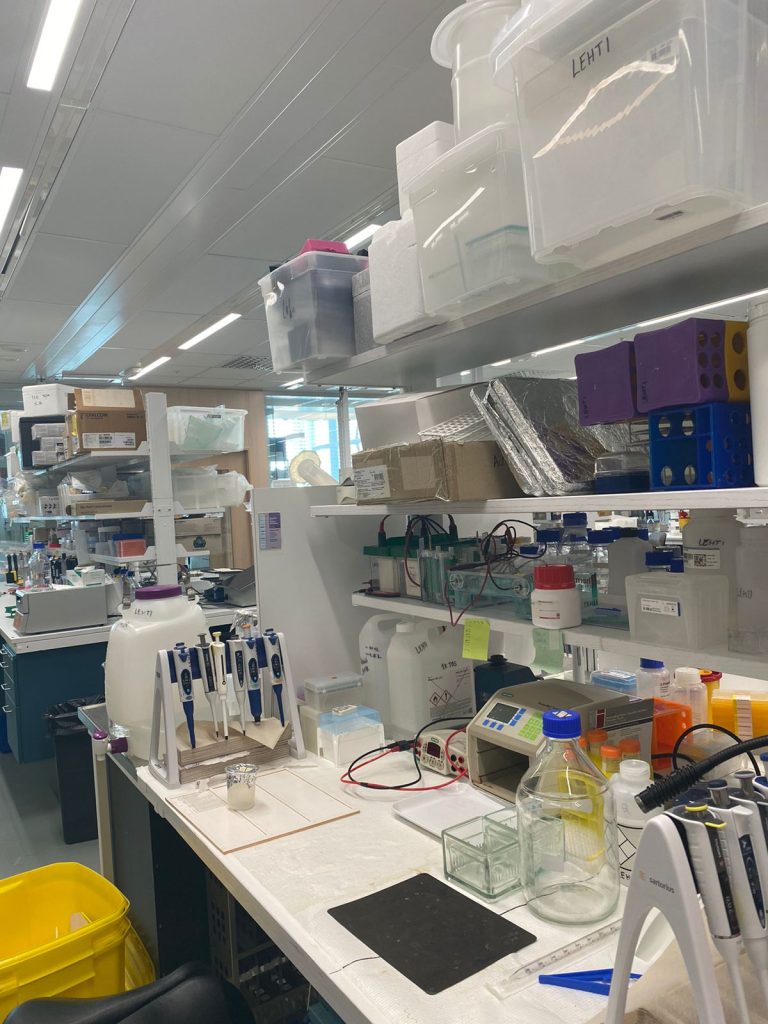
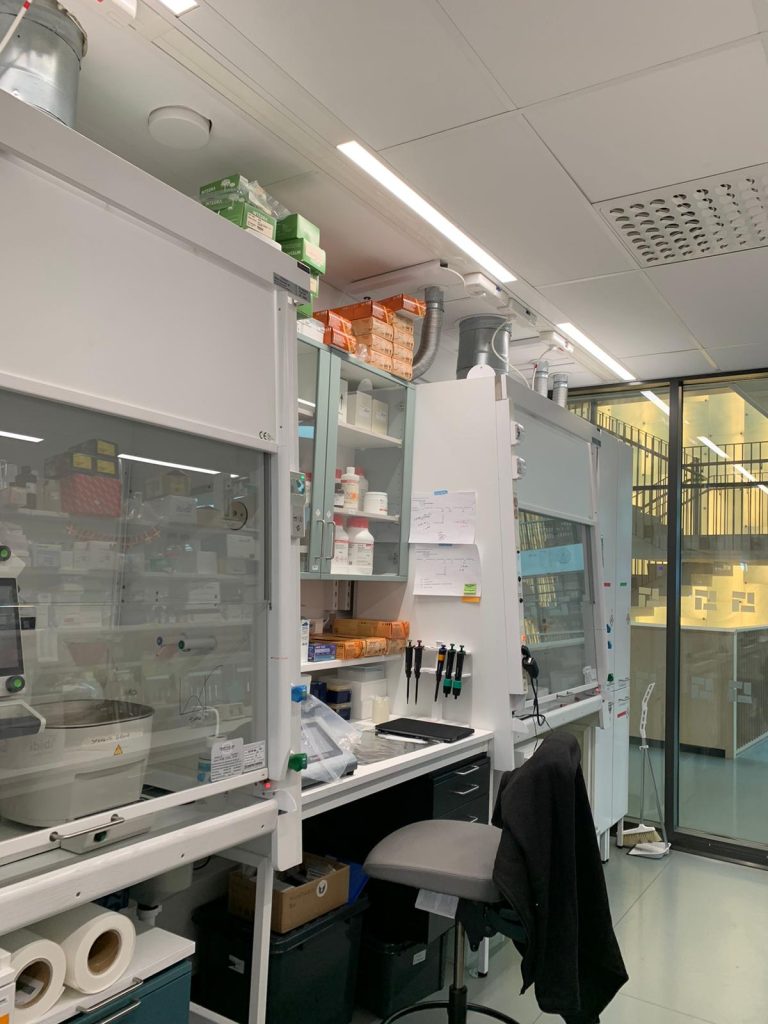
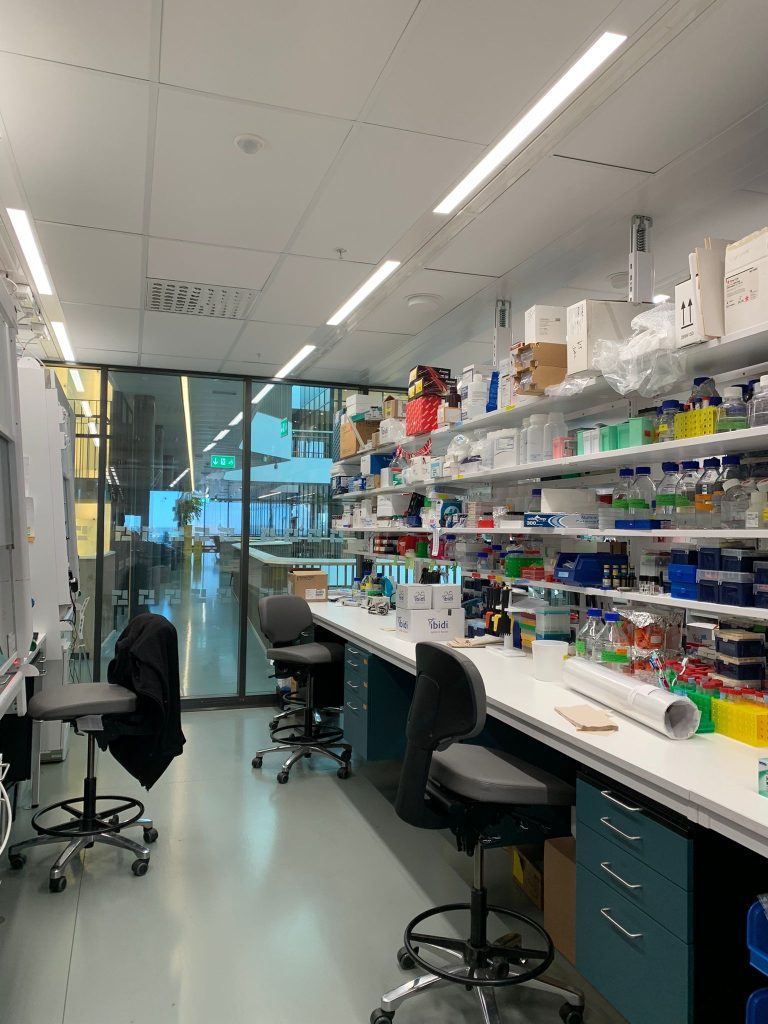
0 comments